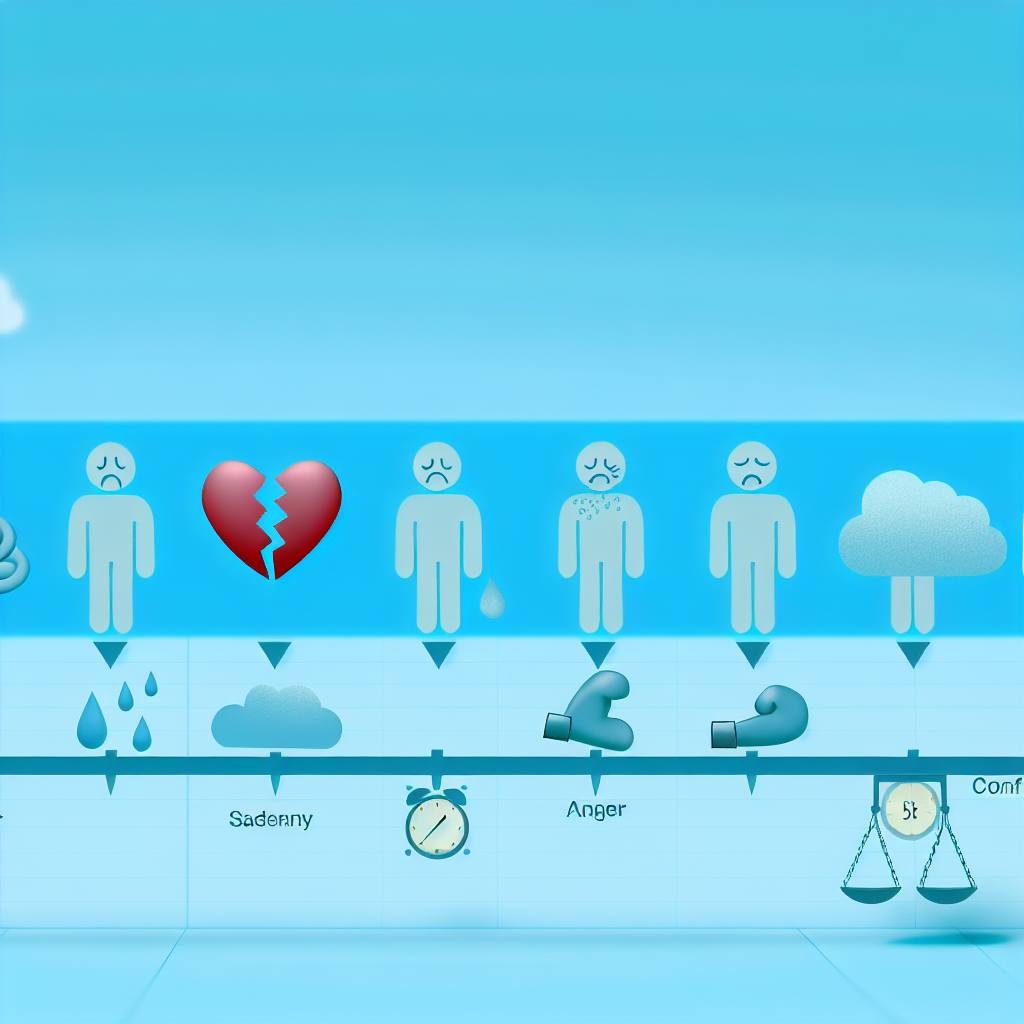According to the Internet Crime Complaint Center of the Federal Bureau of Investigation, online dating scams have caused over $475 million in damages since 2019, making them the largest source of financial loss in online relationships. You may learn to recognize a catfish by looking for telltale signs, such as an unusual request for money, gift cards, or personal information that might lead to identity fraud or other fraud.
Stay Away from Phishing Scams
To protect yourself from phishing and other social engineering scams, you first should never give out your personal or financial details to someone you do not know. Instead of utilizing your account to connect with someone you do not know, try using a different email or instant messaging service. If someone were to acquire your password or phone number, they would be unable to access your confidential information if you do this.
Scammers’ profiles often need more professional or work-related data, have few images (if any), and use solely fancy stock shots. There may be signs that they did not compose the communications themselves, such as grammatical errors or improper language use. You may also check websites that expose romance fraud by searching for their names or photos.
Too Good To Be True?
To make their demands seem more reasonable, con artists frequently use language like cryptocurrency or inheritances as examples of investments or chances that seem too good to be true. They may even claim to be overseas on military service or traveling, which would explain why they can not meet in person. As an additional form of extortion, they may try to cut you off from loved ones or ask for sexually explicit images.
Be wary of anyone you meet online; they could not be who they say they are. Sadly, many predators prey on lonely people who are just trying to find someone to spend time with. When con artists target potential victims through online dating, one of their most typical techniques is to offer investments or possibilities that seem too good to be true. They may bring up topics like bitcoin or bequests to make their demands sound more reasonable.
Be wary of someone you have just met who starts talking about these things, even though they can be confirmed. Get some distance and assess the situation if they are too eager or aggressive about making a financial investment or disclosing personal information.
Scammers in the dating industry frequently use the excuse of being unable to meet in person as a technique. Their reasons for not being able to meet in person may include being on military duty or going abroad. While it is understandable that some individuals can not meet immediately, it is still wise to look for warning signs that can suggest fraud.
Be wary of anyone you have been chatting with online who suddenly asks for money or personal details. Please ensure the person you are communicating with is legitimate before you transfer any money or provide any personal information. You may safeguard yourself and your funds against dating fraudsters by maintaining vigilance and knowing their strategies.

Dominic E. is a passionate filmmaker navigating the exciting intersection of art and science. By day, he delves into the complexities of the human body as a full-time medical writer, meticulously translating intricate medical concepts into accessible and engaging narratives. By night, he explores the boundless realm of cinematic storytelling, crafting narratives that evoke emotion and challenge perspectives. Film Student and Full-time Medical Writer for ContentVendor.com




